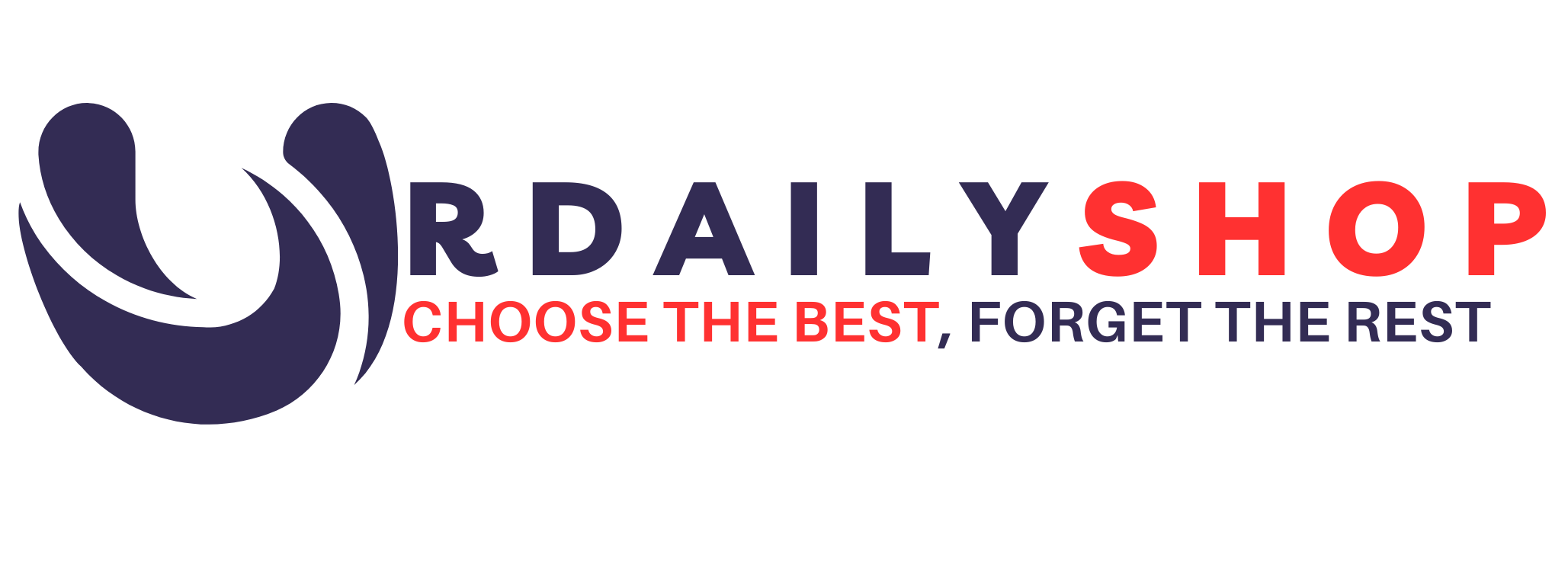
One of my favorite things to do is talk about hearing loss! I guess that comes with the territory as a defender. Are you thinking about using hearing aids? Come and sit next to me. I am happy to share my experiences. Complaining about the volume of the music? I’ll join you in asking the manager to lower the volume. Need tips for communicating with your hearing family? I will direct you (and them) to my blog. book either documentary film.
But the patient perspective is not just for people with hearing loss and their families. It’s for everyone. If you are hosting a conference, school, work, or community event, include the patient’s perspective there as well. Whether it’s sharing our journeys with hearing loss or ways your group can better help people with hearing loss, it’s sure to be an eye-opening discussion.

Direct from the horse’s mouth
Each person experiences hearing loss uniquely, but we go through a number of similar stages on the path to good communication. People who work with us or have family members with hearing loss can attest to the challenges. But there is no substitute for real-world experience.
That’s why I encourage everyone in the industry (audiologists, device manufacturers, gerontologists, aging specialists, government service providers, educators) to include the perspective of someone with direct lived experience in their work.
Patient Perspective Creates Ideas for Change
At the end of a recent presentation to an audience of hearing professionals, Gael Hannan and I asked: What is something from this presentation that you plan to add to your practices tomorrow? We were thrilled by the number and variety of responses like those listed below.
- Put up a sign in our clinic that the goal is better communication and not just better hearing.
- Try to discuss non-technical strategies more consistently.
- Involve the patient to be part of the care and not just tell them what is recommended.
- Recommend peer support and reading material. I haven’t really done this before.
- Use subtitles or other assistance at reception.
- Add patient resources to the lobby.
- Do more to help change the mindset surrounding hearing loss.
- Remember that it is a collaborative process and that repetition of information can be useful.
Better understanding generates incremental changes that improve care. Together, these changes can move the industry forward, one patient’s perspective at a time.
To add the perspective of the person with hearing loss to your next event, stay in touch.
Related Posts
Connect with us on Facebook and Twitter!
Never miss a post! Sign up to receive email alerts.







